
Research leaders from the U.S. and Australia held a collaboration development meeting in Sydney on April 17-18. The intention of this meeting was to bring together experts to discuss research concepts involving precision agricultural management opportunities with potential for improving fiber quality. Participant’s areas of expertise spanned from plant physiology to field and harvest management, through ginning, fiber quality, and textile processing. The meeting was co-hosted by Cotton Research Development Corporation (CRDC) and Cotton Incorporated, and the 16 participants included staff from Auscott Limited, Cotton Incorporated, CRDC, CSIRO, University of Southern Queensland, and USDA-ARS.
Three topics were selected based on common interest prior to this meeting so that participants could prepare for detailed discussions. Those topics included: technologies to improve contamination prevention, assessment of maturity in field or gin, and assessment of trash in field or gin. A designated research leader from both the U.S. and Australia were selected to provide to the group an overview of the current status of knowledge and research efforts for each topic to determine possible gaps that could better define needed research activities. This was followed by a discussion involving all participants regarding ideas associated with the research gaps from which a listing of potential ideas was created. Participants then ranked the ideas according to their view of how they addressed cotton industry priorities. These details were all summarized in a report to the entire group for next step follow-up discussions.
A key part of this meeting was the interaction of such a diverse group put a new light on old topics. The perspective of someone in plant physiology on a topic such as maturity can be very different from that from textile processing, and it was the multidisciplinary discussions that sparked outside of the box thinking for the group.
The next steps from this meeting will involve gathering necessary details on the top ideas from each topic area to consider their technical and practical feasibility. These details will then be reviewed by funding sources within the U.S. and Australia with regards to possible collaboration efforts.
 Research leaders from the U.S. and Australia held a collaboration development meeting in Sydney on April 17-18. The intention of this meeting was to bring together experts to discuss research concepts involving precision agricultural management opportunities with potential for improving fiber quality. Participant’s areas of expertise spanned from plant physiology to field and harvest management, through ginning, fiber quality, and textile processing. The meeting was co-hosted by Cotton Research Development Corporation (CRDC) and Cotton Incorporated, and the 16 participants included staff from Auscott Limited, Cotton Incorporated, CRDC, CSIRO, University of Southern Queensland, and USDA-ARS.
Three topics were selected based on common interest prior to this meeting so that participants could prepare for detailed discussions. Those topics included: technologies to improve contamination prevention, assessment of maturity in field or gin, and assessment of trash in field or gin. A designated research leader from both the U.S. and Australia were selected to provide to the group an overview of the current status of knowledge and research efforts for each topic to determine possible gaps that could better define needed research activities. This was followed by a discussion involving all participants regarding ideas associated with the research gaps from which a listing of potential ideas was created. Participants then ranked the ideas according to their view of how they addressed cotton industry priorities. These details were all summarized in a report to the entire group for next step follow-up discussions.
A key part of this meeting was the interaction of such a diverse group put a new light on old topics. The perspective of someone in plant physiology on a topic such as maturity can be very different from that from textile processing, and it was the multidisciplinary discussions that sparked outside of the box thinking for the group.
The next steps from this meeting will involve gathering necessary details on the top ideas from each topic area to consider their technical and practical feasibility. These details will then be reviewed by funding sources within the U.S. and Australia with regards to possible collaboration efforts.
Research leaders from the U.S. and Australia held a collaboration development meeting in Sydney on April 17-18. The intention of this meeting was to bring together experts to discuss research concepts involving precision agricultural management opportunities with potential for improving fiber quality. Participant’s areas of expertise spanned from plant physiology to field and harvest management, through ginning, fiber quality, and textile processing. The meeting was co-hosted by Cotton Research Development Corporation (CRDC) and Cotton Incorporated, and the 16 participants included staff from Auscott Limited, Cotton Incorporated, CRDC, CSIRO, University of Southern Queensland, and USDA-ARS.
Three topics were selected based on common interest prior to this meeting so that participants could prepare for detailed discussions. Those topics included: technologies to improve contamination prevention, assessment of maturity in field or gin, and assessment of trash in field or gin. A designated research leader from both the U.S. and Australia were selected to provide to the group an overview of the current status of knowledge and research efforts for each topic to determine possible gaps that could better define needed research activities. This was followed by a discussion involving all participants regarding ideas associated with the research gaps from which a listing of potential ideas was created. Participants then ranked the ideas according to their view of how they addressed cotton industry priorities. These details were all summarized in a report to the entire group for next step follow-up discussions.
A key part of this meeting was the interaction of such a diverse group put a new light on old topics. The perspective of someone in plant physiology on a topic such as maturity can be very different from that from textile processing, and it was the multidisciplinary discussions that sparked outside of the box thinking for the group.
The next steps from this meeting will involve gathering necessary details on the top ideas from each topic area to consider their technical and practical feasibility. These details will then be reviewed by funding sources within the U.S. and Australia with regards to possible collaboration efforts.


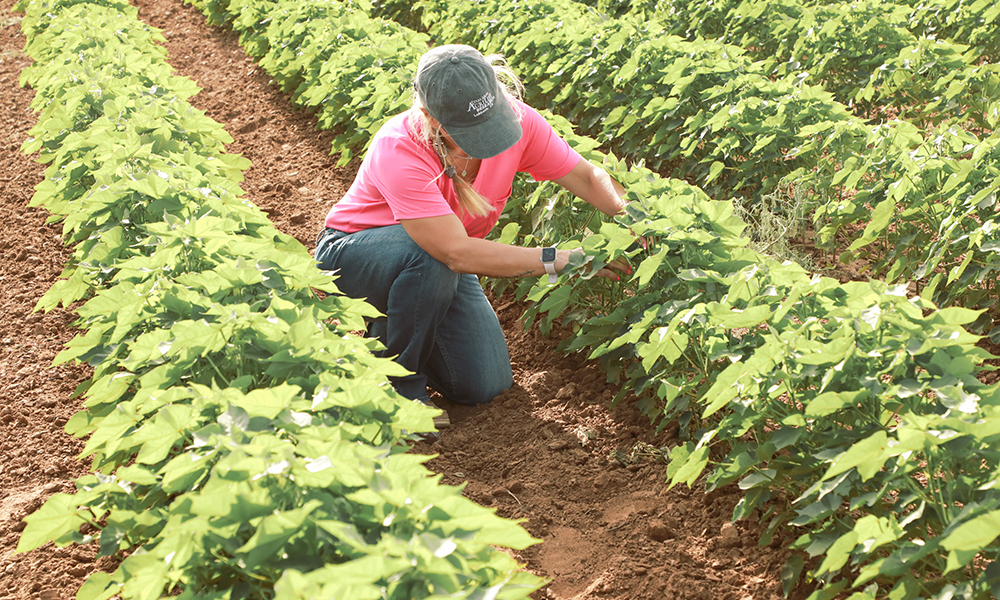
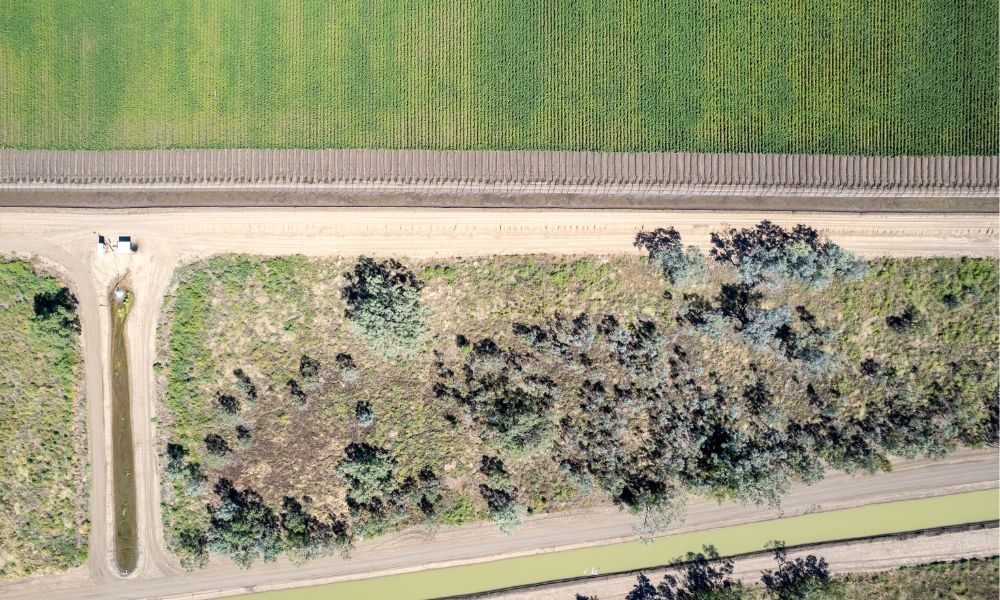
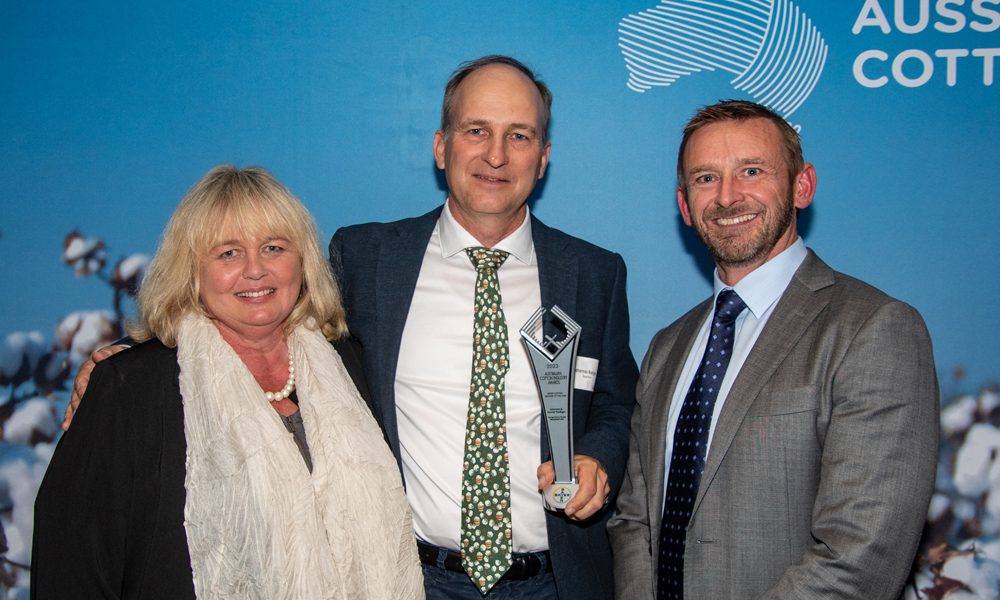
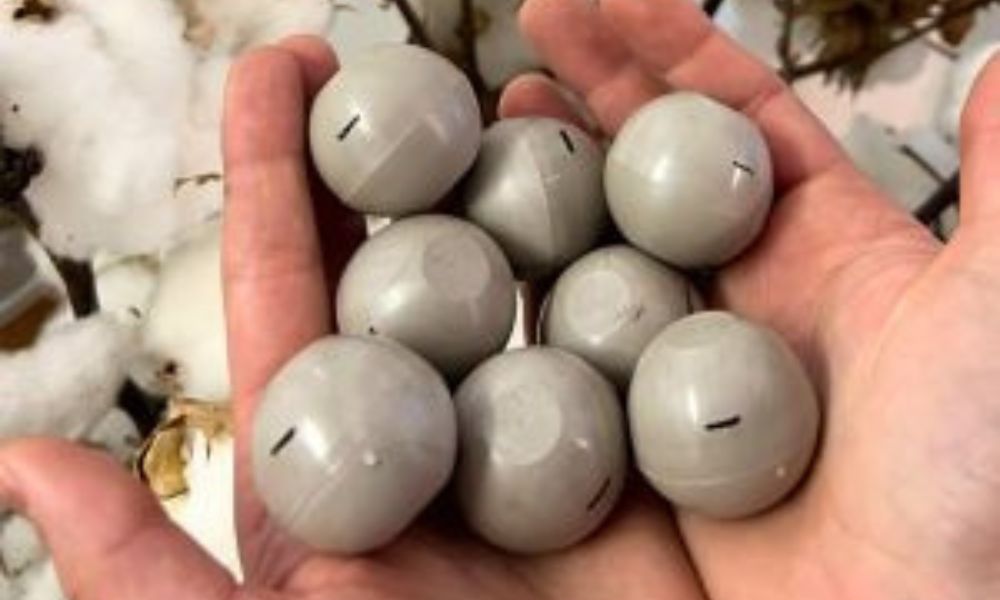
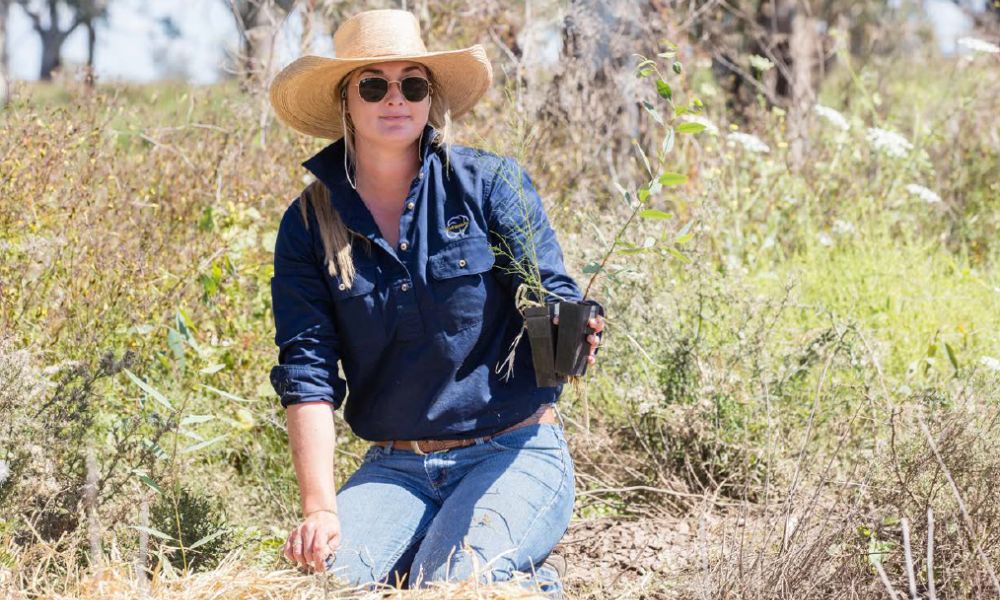
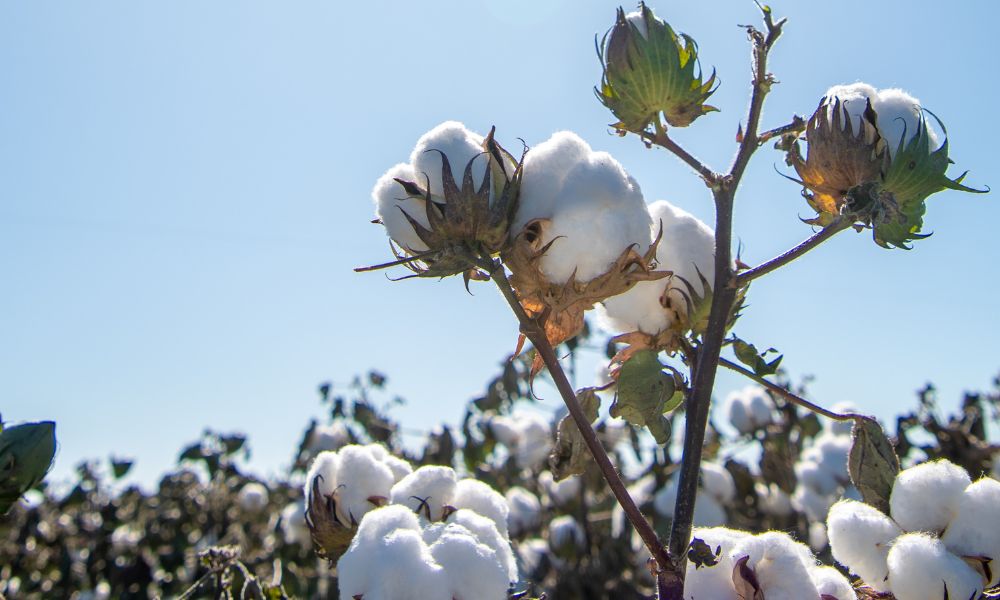

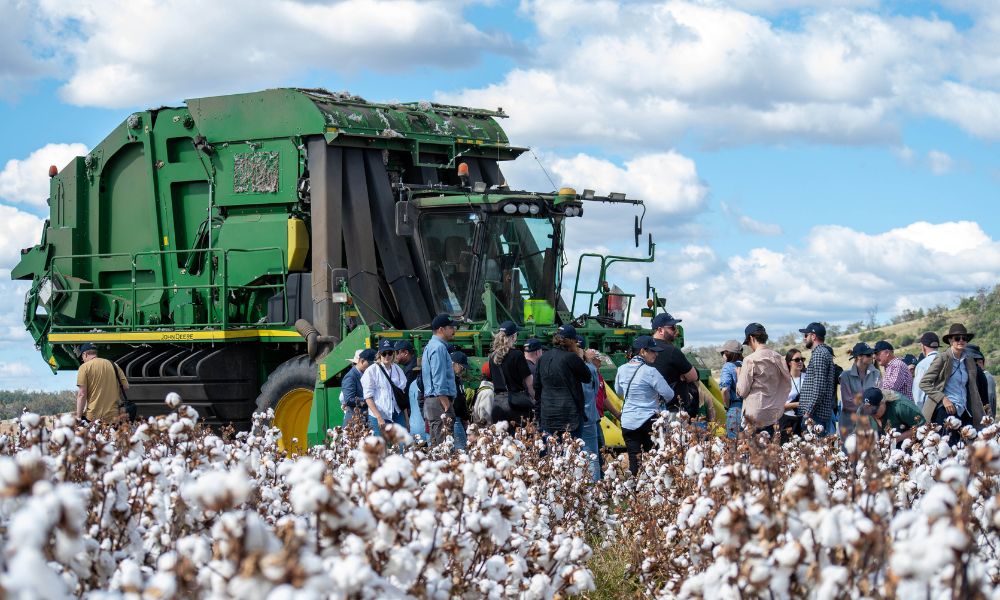
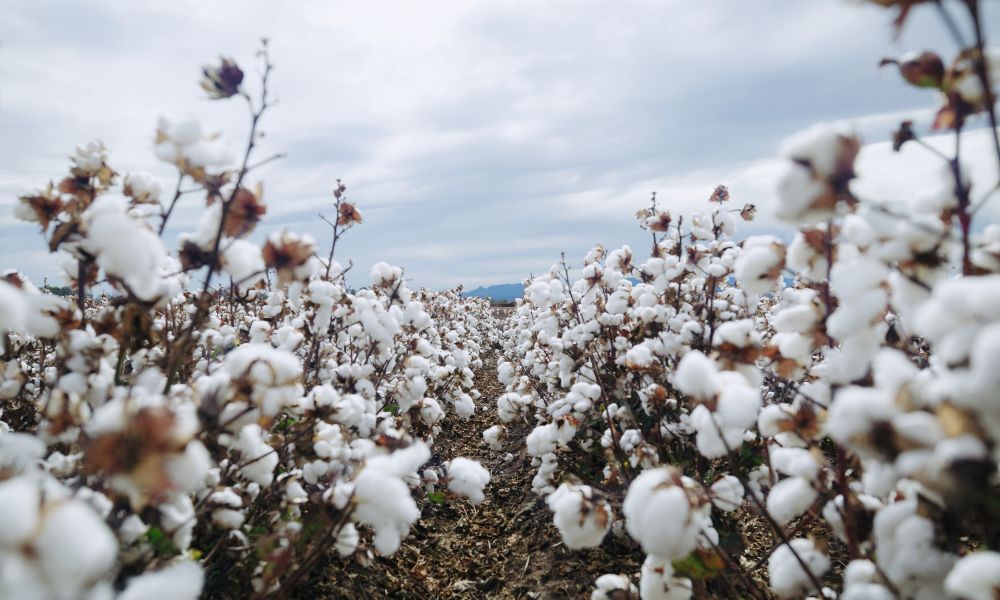
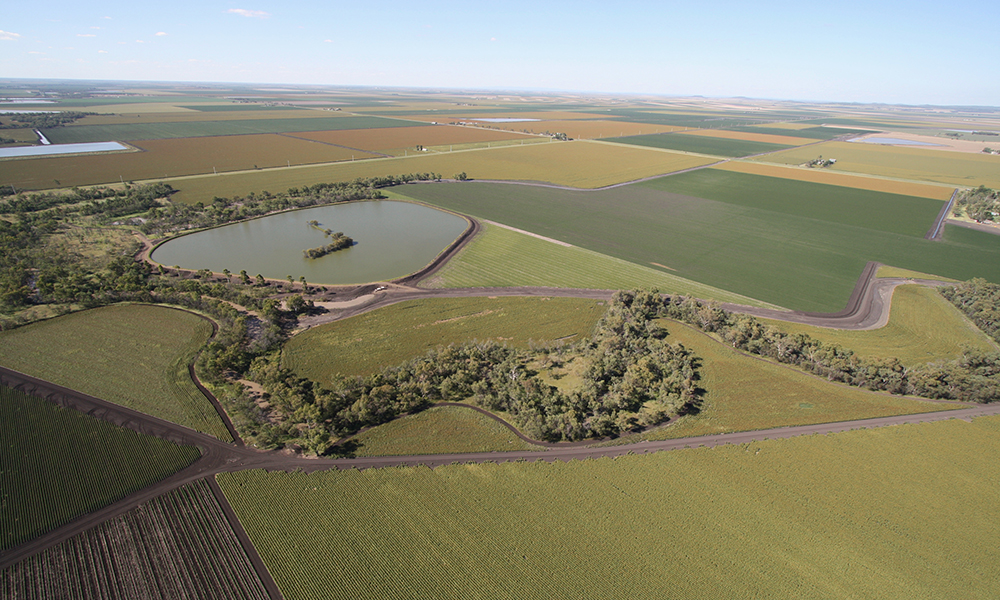
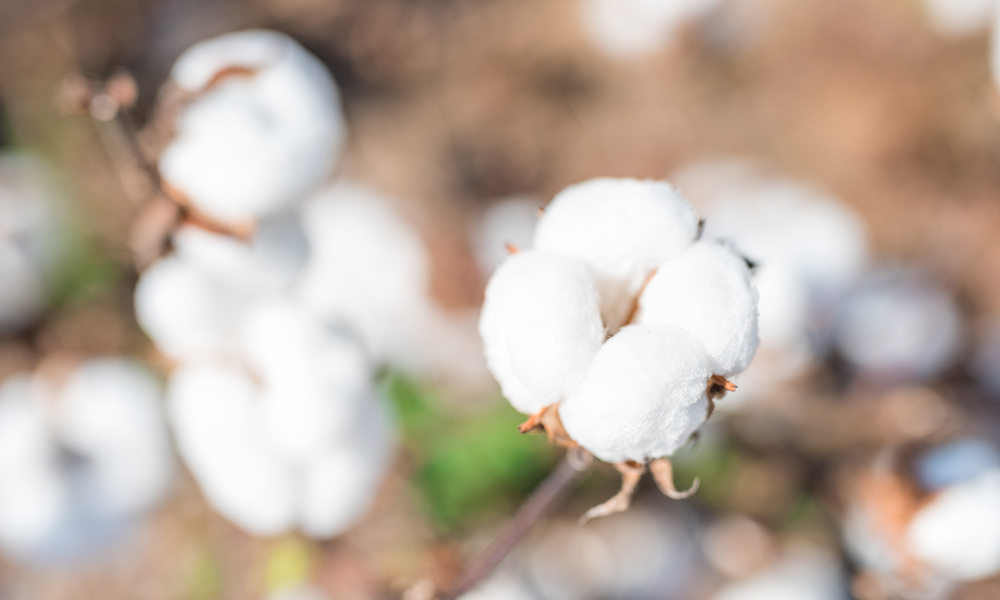

Recent Comments